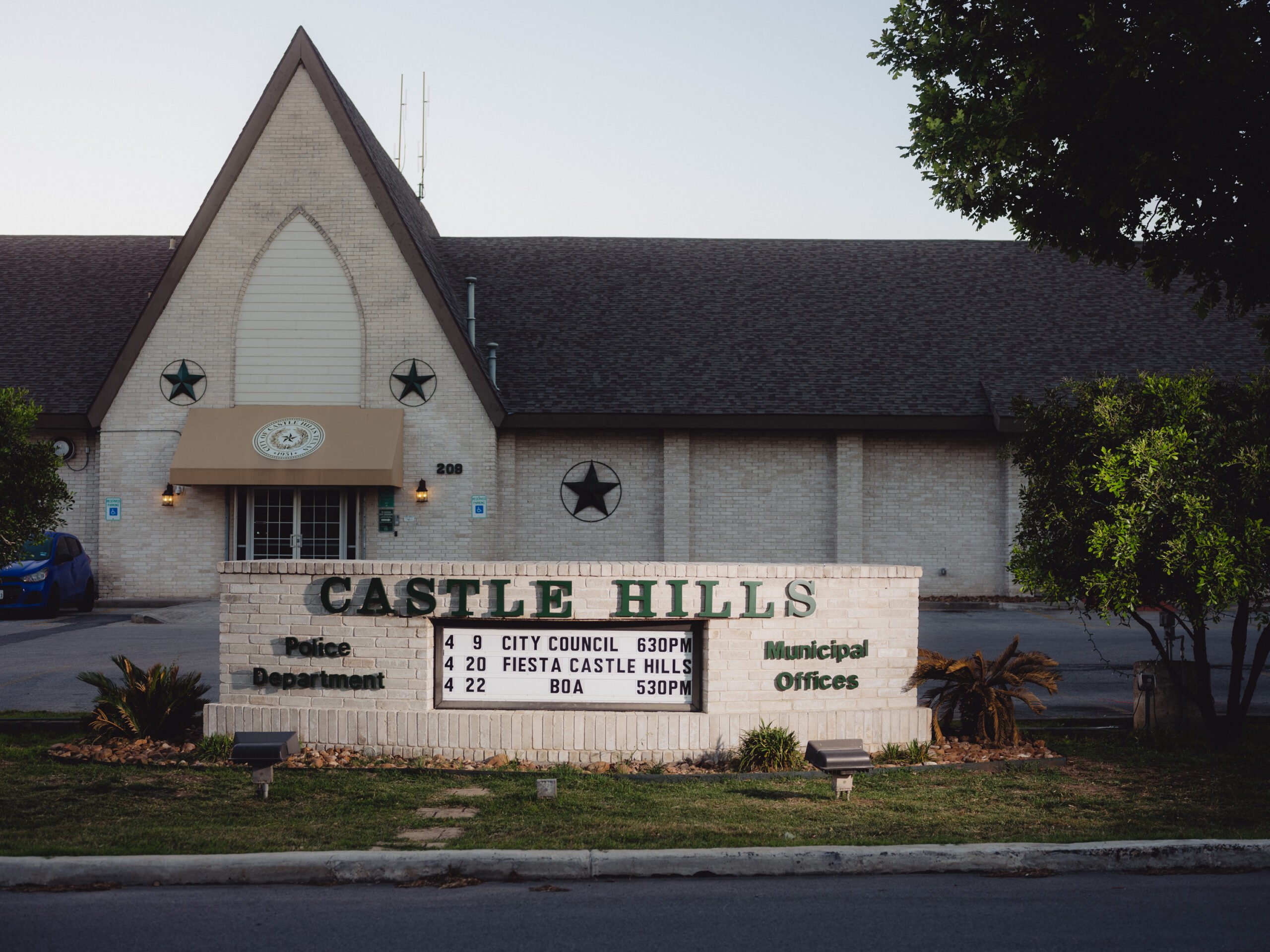ustxtxb_obs_1994_05_20_50_00015-00000_000.pdf
Page 11
gesting an ability to celebrate life. But it carries another meaning. The ancient Gnostics, who sought spiritual wisdom through knowledge, described the unknowing soul as a drunk soul. One way that liquor raises spirits is by lowering consciousness. Still, one may fairly ask, “What is wrong with healthymindedness?” especially given the alternative. Numbering himself among them, James describes “the twice born” as “Sick souls.” So, is sick better than healthy? What will it be, sunny side up, over-easy, or raw with salmonella? Even allowing that the knowledge is accompanied by pain, might not ignorance then truly be bliss? Maintaining a semblance of objectivity as an observer more than an advocate William James does suggest that a rare few among the healthy-minded are actually holy innocents, true children of God who are born with and maintain a pure, childlike relationship with the earth and all its creatures. The rest of us \(and I surely recognize part of When presented with evidence of evil or sin, in fact anything that illuminates the tragic dimension of life, we tend to maintain contentment either by rolling up our sleeves to correct it or by unwittingly cultivating blindness. Psychologist Gerald May writes that the once-born, whom he describes as “highly defended psychologically,” adjust to dis.: sonance “by use of such classical defense mechanisms as denial, repression, displacement, and rationalization.” On a practical level, there are several problems with this form of “healthy-mindedness.” The first might be termed the problem of cracked rose-colored glasses. Sirice no one, even among the once-born, can avoid inevitable unhappiness, those of us who believe that we ought to be happy will spend an unnecessary amount of time being unhappy about not being happy. Asking ourselves what is wrong with us, we may then turn to a self-help happiness guru, whose seven steps to a more wonderful life are so deceptively simple, it would seem that any fool could follow them. Most fools can’t. The result is not tragic, simply sad: people who pay to learn how to take happiness tests and then fail them. The second problem is more dramatic, the trap door. It can spring at any moment, a coronary in the middle of the night, a drunk driver, a depression, a hurricane, a broken heart. Having walked on glass for years, one day it shatters, and we are wholly unprepared for the cuts and the fall. Some people are transformed by such awakenings. Others remain once-born, still believing in that which can no longer save them. And then there is the half-fired glass. Those of us whO are afraid to spill anything in our precious cup, who wish to do only what we know will please us, discover over time that fewer and fewer things truly please us. Even going out is an inconvenience. Staying home is familiar, comfortable and safe.. Since every risk entails the possibility of failure, disappointment, embarrassment and pain, risks remain untaken. Drop by drop, the moisture evaporates from our souls. We spill nothing, and die empty. Finally, there is the problem of the empty moccasin. My grandmother, born in Idaho in 1882, was fond of saying that we can’t understand what another person is feeling unless we have walked a mile in their moccasins: Pain resonates with pain, suffering with suffering. To Job’s socalled friends, his anguish was dysfunctional. The once-born can comfort others. They can be, tracing the word back to its root, “with them in strength.” But only rarely can they console them, be “one with them in their aloneness.” Until we are broken, plunged into our own tragic depths and strangeness, another’s pain will remain outside our immediate experience. This will spare us grief. It will also fail to offer another the consolation he or she deserves. Let me tell you a story that Edward Everett Hale wouldn’t like. It is Samuel Taylor Coleridge’s'”Rime of the Ancient Mariner.” The Mariner is a captain of his day’s industry. He sets out to circumnavigate the globe in search for more treasure. In a wanton moment, he kills an albatross, unleashing a whirlwind of unexpected consequences. His entire crew dies, innocent victims of his thoughtless act. Symbolizing his guilt and sin, the dead albatross is hung around his neck. Moorless, drifting through “the rotting sea,” the Mariner attempts to pray to God, but cannot. Utterly abandoned, suffering “the misery of being unable to pray,” he cries out in anguish, “alone, alone, all, all alone, alone on a wide, wide sea, and never a saint took pity, on my soul in agony.” Having seen no light to break the darkness of his selfimposed despair, the Mariner looks out on the forbidding waters and surprisingly perceives beauty where beauty is rarely perceived, glinting off the backs of slimy watersnakes. All he can do is praise. Uttering an unconscious blessing from the previously capped heartspring of his love for the creation, his prayer touches God, the albatross drops from his neck, and his ship is spirited home. There is no happy ending to this story. The Mariner’s anguish doesn’t end. Greeted as a criminal, he is shunned and despised by people who once had honored not him, but his power. Only when he confesses his guilt and gratitude to a hermit does he receive consolation, forgiveness and acceptance. Even then his “woeful agony” continues, only abated, and even then temporarily, whenever he recounts his crime, torment and liberation to those who might be saved by hearing it. In introducing his chapter on the twice-born, William James asks, “Let us see whether pity, pain, and fear, and the sentiment of human helplessness may not open a profounder view and put into our hands a l”nore complicated key to meaning.” What would happen, for instance, if instead of seeking happiness by religiously avoiding discomfort, pain, suffering, grief, and the risk of failure, we were to follow John Bunyon’s pilgrim over the Hill of Difficulty, through the Slough of Despond to the Valley of Humiliation and the Valley of the Shadow of Death? Few of us “healthy-minded” souls are likely to seek out this road. The question remains, what happens when we find ourselves on it. What happens when we fail, suffer, fall ill, lose a loved one? How will we respond? Here the dark sages and the twice-born have much to teach us: humility, patience, compassion, forgiveness. If we follow the path into darkness even a short way, accepting it as a part of our soul map, we too may discover, as if for the first time, that we are not alone. We may discover that the loss of happiness brings joy as well as pain, that flowers bloom even in the desert, that love is worth the cost of death, and true knowledge all the suffering it carries in train. No longer able to rely on our own devices or some happiness doctor’s twenty-dollar cure, who knows, around the corner we may even meet God. THE TEXAS OBSERVER 15


